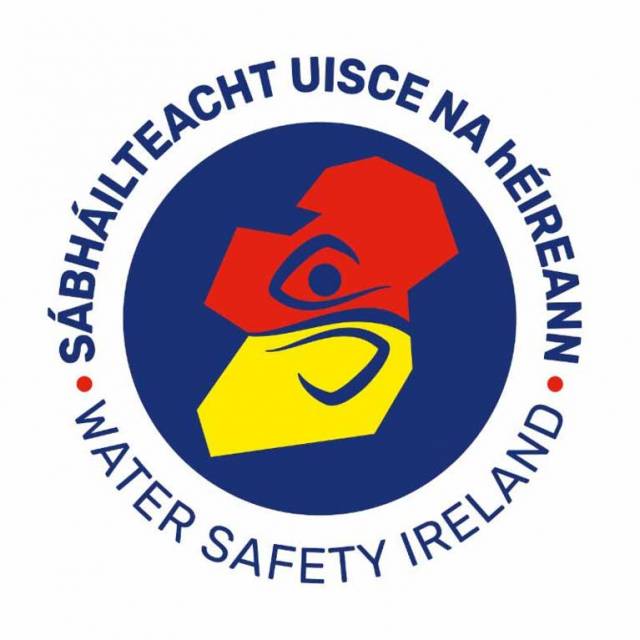The 22°C warm weather forecast for the bank holiday weekend increases the risk of drownings as warmer air temperatures can tempt people to go swimming in waters that are still cold (10°C coastal, 8°C inland) says Water Safety Ireland. Survival time is greatly reduced for someone immersed in cold water which drains body heat much faster than cold air.
The dangers of cold water immersion
When cold water makes contact with your skin, the cold shock response causes an immediate loss of breathing control, possible dizziness and panic. This dramatically increases the risk of sudden drowning even if the water is calm and you know how to swim.
For those who survive this but are unable to get out of the water, progressive body cooling leads to hypothermia and muscle cooling, making swimming more difficult or impossible. Children cool even faster than adults because they are smaller and have less fat.
What to do if you fall into cold water
Avoid swimming, stay calm and relax. Float or tread water and if possible get as much of your body out of the water because you will always cool faster in water than in air.
Wearing a lifejacket with a crotch strap will enable you to lessen heat escape by keeping your legs together and elbows by your side.
The dangers of a full moon on Good Friday 19th April
A full moon on Good Friday will cause spring tides. Strong rip currents will create a higher risk than usual for swimmers. The tidal streams will run very strong, posing a risk to those boating, angling, yachting, canoeing and any other water-related activities. Stranding will also be a risk for many walkers as the lower tide will expose even greater areas of the coastline. Parents should be particularly alert to providing constant uninterrupted supervision as Lifeguards will not be on duty at local authority beaches over the Easter weekend.
Those going afloat should carry a portable Marine VHF and/or a personal locator beacon and walkers should carry a mobile phone to call 112 in an emergency.
If you have not used your lifejacket or buoyancy aid since last year then you will need to carry out the following checks.
Ensure CO2 Cartridges have not been punctured and are firmly secured
Ensure all zips, buckles, fasteners and webbing straps are functioning correctly
Check that fitted lights are operating correctly
Check that the valve or lifejacket is not leaking by inflating the lifejacket overnight or immersing it in water checking for air bubbles
Always use your crotch strap when fitting your lifejacket
Detailed information on PFD’s here
Discard any faulty lifejackets by destroying them































































